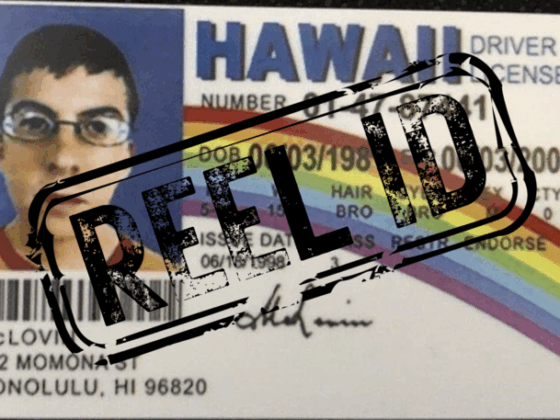The Private Attorneys General Act (PAGA) is making waves once again. In a significant ruling, the California Supreme Court has determined that public employers are not subject to PAGA—a statute that allows employees to file lawsuits on behalf of the state for Labor Code violations. This landmark decision brings clarity to the longstanding debate regarding whether public entities, such as cities, counties, and state agencies, fall under the statute’s jurisdiction.
Understanding PAGA
PAGA was enacted in 2004, empowering employees to step into the shoes of state regulators and file claims for Labor Code violations against their employers. These claims can lead to civil penalties, with a portion of the recovered penalties going to the state and the remainder to the aggrieved employees. Historically, the act has been applied broadly, impacting various industries and sectors across California. However, the recent ruling clarifies that public employers are exempt from these lawsuits.
Key Implications of the Ruling
- Distinguishing Between Public vs. Private Employers: The court’s decision solidifies the distinction between public and private employers under PAGA, ensuring that public agencies are not held to the same standards as private companies in the context of labor-related lawsuits.
- Impact on Labor Disputes: While public employers are no longer subject to PAGA, this does not absolve them of adhering to the state’s labor laws. Employees can still file complaints through other channels.
- Reduced Burden on Public Employers: One of the most significant outcomes of this ruling is the reduced burden on public agencies.
Practical Tips for Employers
Even though public employers are now exempt from PAGA, it’s essential for both public and private entities to remain vigilant in their labor law compliance. Here are practical steps employers should consider:
- Maintain Rigorous Compliance Procedures: Public employers should continue to follow all applicable Labor Code requirements, including wage and hour laws, meal and rest breaks, and workplace safety standards.
- Conduct Regular Internal Audits: Proactive measures such as regular audits can help identify potential labor code violations before they escalate. Reviewing employee records, wage payments, and workplace policies can ensure compliance with California’s complex labor laws.
- Stay Informed on Legal Changes: Although PAGA no longer applies to public employers, California labor laws are subject to frequent amendments and new regulations. Employers should monitor legal developments and work closely with appropriate partners to stay up-to-date on any changes that might impact their operations.
- Train Managers and Supervisors: Ensuring that management teams are trained on labor laws and employee rights can help prevent violations and mitigate potential legal issues.
The Bottom Line
The California Supreme Court’s ruling marks a pivotal shift for public employers, relieving them from PAGA-related litigation. However, the need for ongoing labor law compliance remains. By following best practices and maintaining a culture of compliance, public employers can avoid legal pitfalls. If your company would benefit from a partner in all things compliance, schedule a free consultation with the pros.






